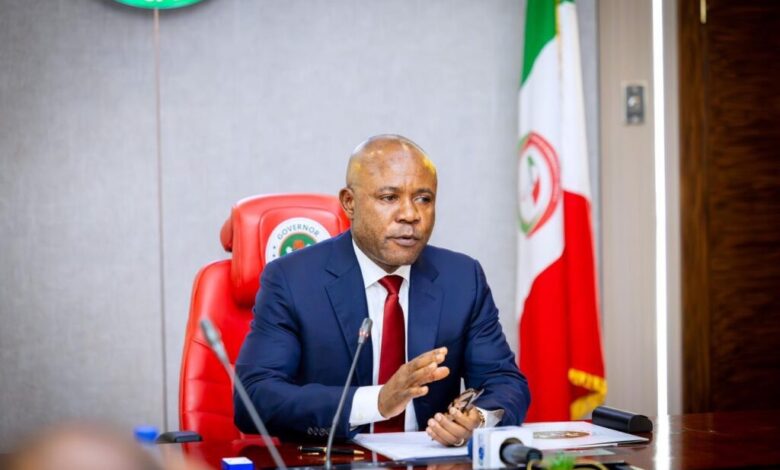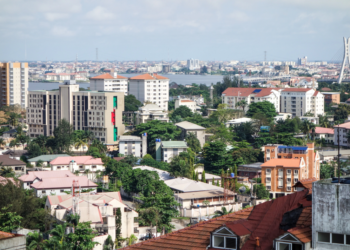Nigeria’s subnational debt profile witnessed a significant shift in 2024, as new data revealed that the combined debt stock of the 36 states declined by a massive 32.32% year-on-year, falling from N5.86 trillion in 2023 to N3.97 trillion in 2024.
The contraction signals a renewed focus by several state governments on debt sustainability, budgetary discipline, and alternative financing models amid growing fiscal pressures.
However, despite this broad-based decline, some states remain deeply entrenched in the country’s debt landscape, either due to existing financial obligations or a strategic push for infrastructure-led growth.
Here’s a breakdown of the top 10 states with the highest public debt stock in 2024 and how they compare year-on-year.
Top 10 Most Indebted Nigerian States in 2024

Enugu bucked the trend with a 29.36% debt increase from N92.21 billion in 2023, pointing to ramped-up borrowing in the current fiscal year, defying the national downtrend. This can be attributed to a combination of ambitious budget expansion and aggressive borrowing.
The spike is tied to the state’s expansionary 2024 budget of N521.5 billion—an ambitious 132% increase over the prior year—under Governor Peter Mbah’s “Budget of Disruptive Economic Growth,” Over 80% of the budget (N414.3 billion) was earmarked for capital projects spanning roads, smart schools, healthcare centers, water infrastructure, and power.
Despite targeting N300 billion in IGR, Enugu’s strategy still relied heavily on borrowing: N71 billion in domestic loans and N32.75 billion from foreign sources. While the state hopes these investments will drive long-term growth, analysts are raising concerns about the pace of borrowing, fiscal transparency, and debt sustainability.






















